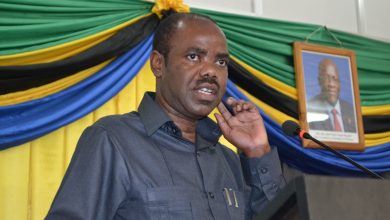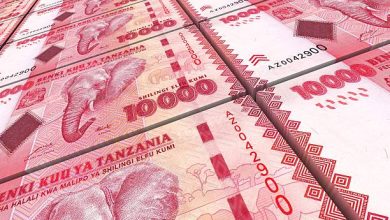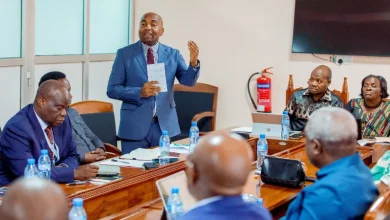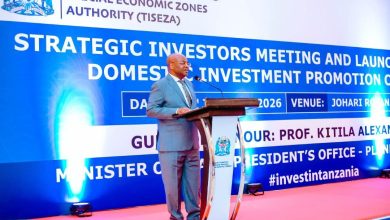Japan provides over 10tri/- development aid in six decades
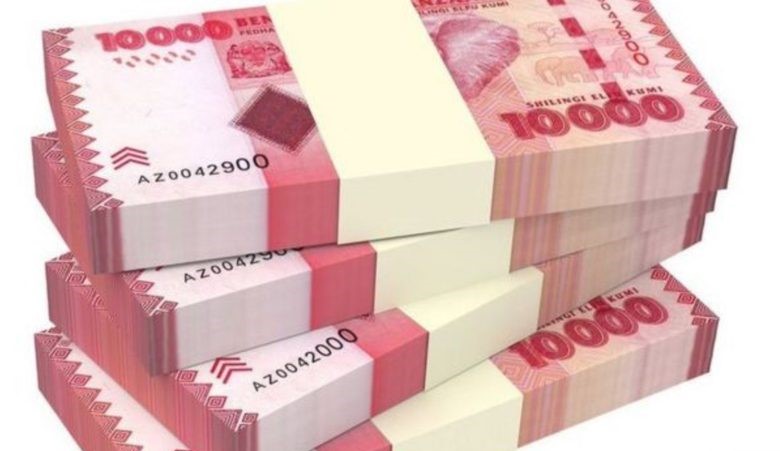
DAR ES SALAAM: THE Japanese government has provided over 4.2 billion US dollars (10.42tri/-) in development assistance to Tanzania, marking six decades of partnership.
Through the Japan International Cooperation Agency (JICA), the support has covered education, health, infrastructure, agriculture and food security.
Speaking at a two-day workshop on Japan’s 60- year Volunteer Programme, Ambassador Yuichi Mikami highlighted the collaboration’s foundation of friendship and mutual benefit.
“We aim to move from traditional aid to cocreating development a joint investment in our shared future,” he said.
Since establishing bilateral ties in 1962, Japan has offered significant financial and technical support, including funding energy projects like the Kinyerezi II Power Plant and various agricultural programmes.
In terms of infrastructure, Ambassador Mikami highlighted Japan’s support in implementing major projects including the Selander Bridge, Mfugale flyover and various road improvement projects in Dar es Salaam.
He reiterated Japan’s commitment to supporting Tanzania’s sustainable development through strong bilateral cooperation.
“We will continue to stand with Tanzania. This partnership is not temporary, it’s a long-term friendship that will benefit future generations,” he added.
JICA Tanzania’s Resident Representative, Hitoshi Ara, affirmed Japan’s commitment to Tanzania’s development, focusing on infrastructure, agriculture, education and community empowerment for sustainable progress.
In January, Japan and Tanzania signed a concessional loan agreement of about 286.5bn/- to support the Tanzania Agricultural Development Programme (TADP), aimed at boosting productivity and empowering smallholder farmers.
ALSO READ: JICA, WB, AfDB hail agriculture projects
Economic Advisor at the Japanese Embassy, Christopher Ntyangiri highlighted the Grant Assistance for Grassroots Human Security Projects (GGHSP), which has funded 386 community projects since 1989 to improve grassroots livelihoods.
Additionally, over 69.2bn/- has been disbursed directly to NGOs, faith-based groups and local authorities for health infrastructure, medical equipment and education projects.


